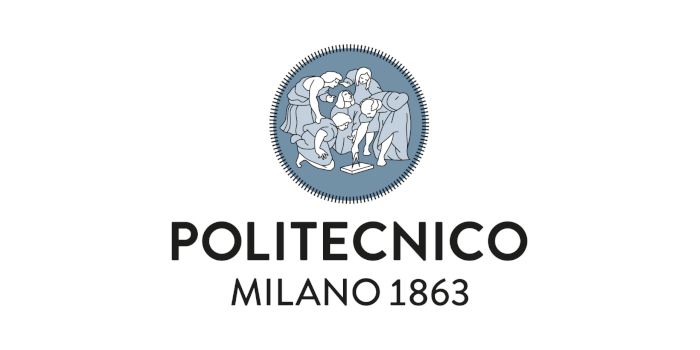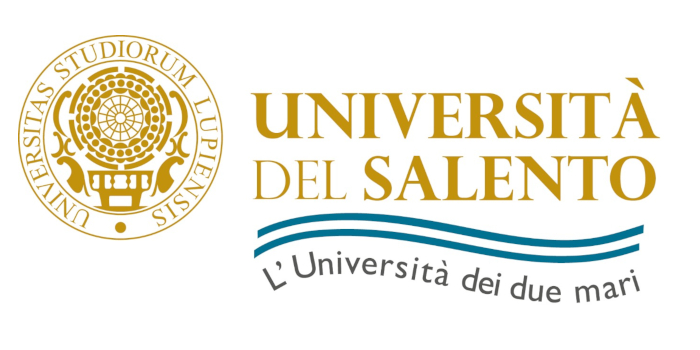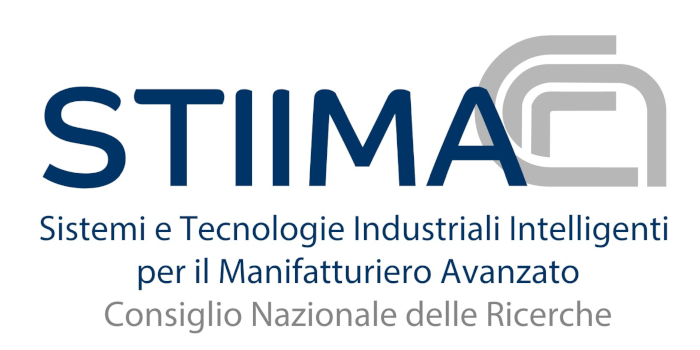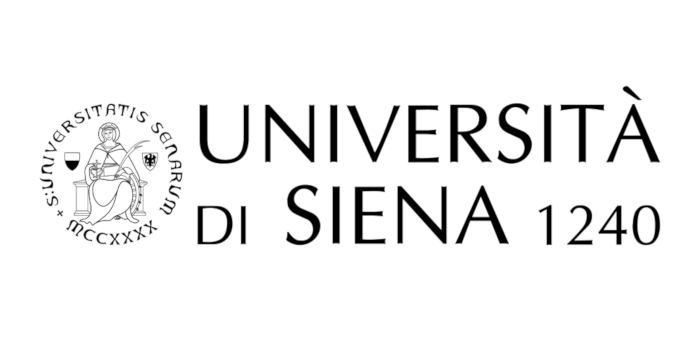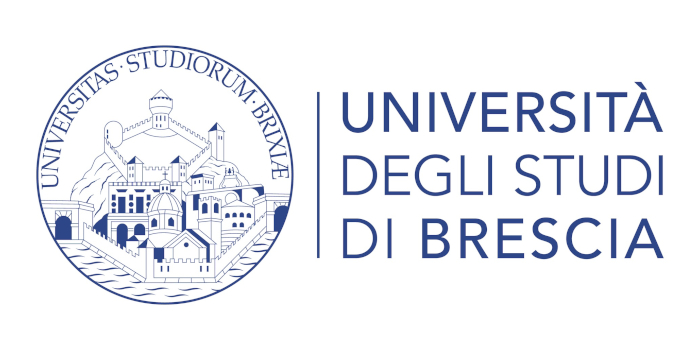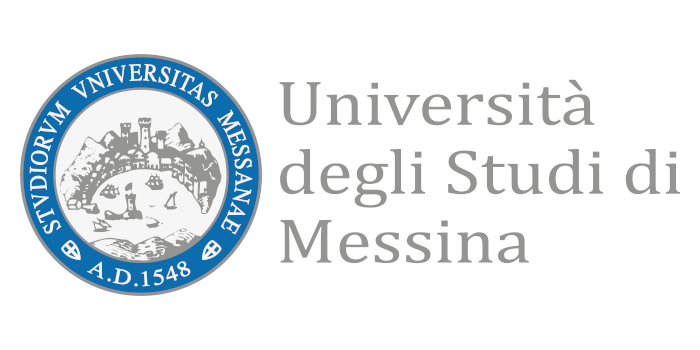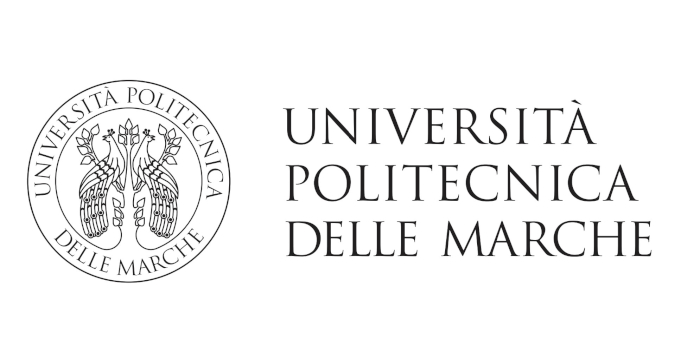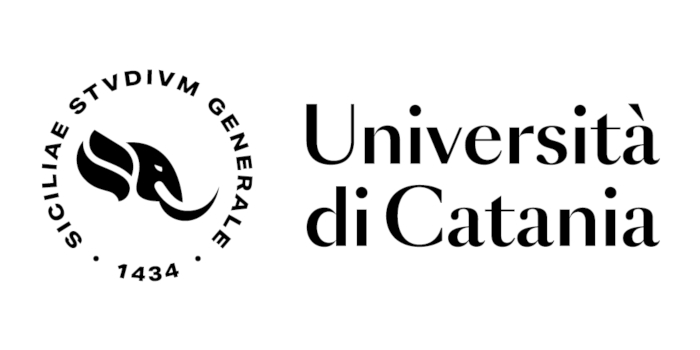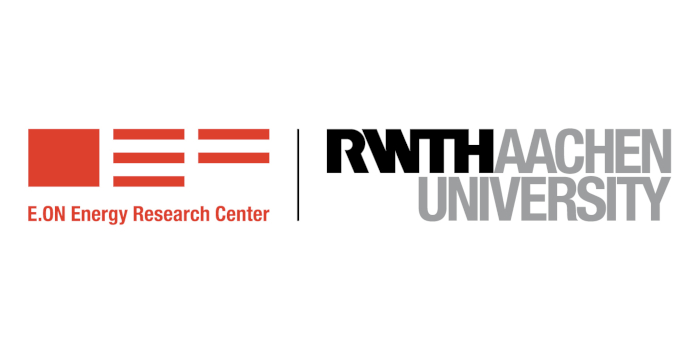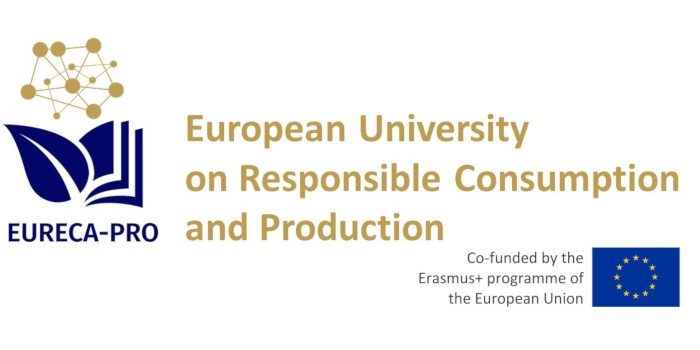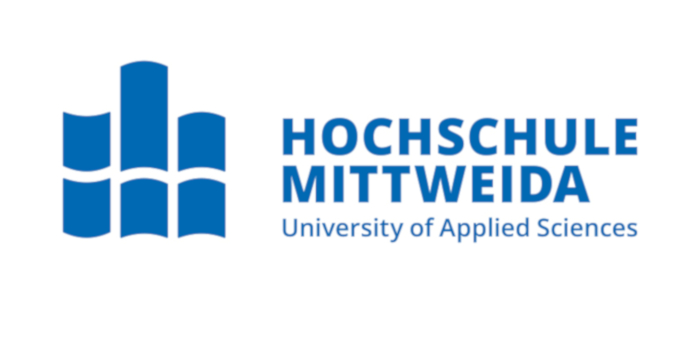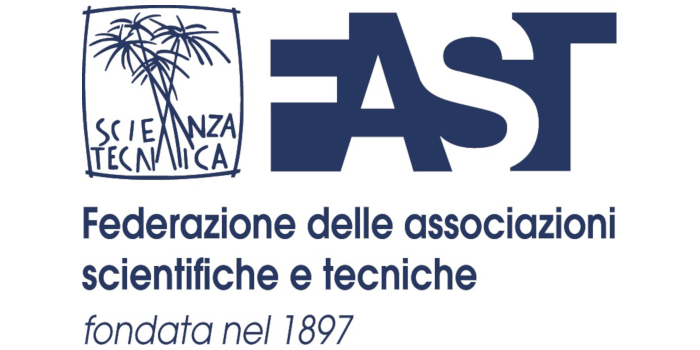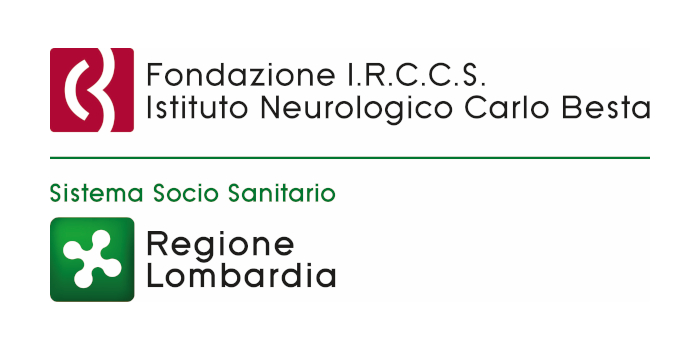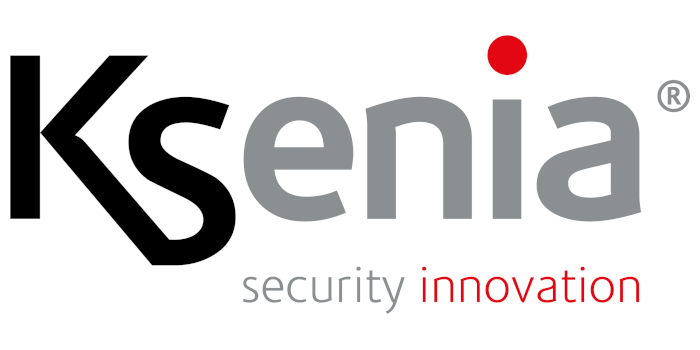SPECIAL SESSION #17
eXtended Reality as a gateway to the Metaverse: Practices, Theories, Technologies and Applications
ORGANIZED BY
Giuseppe Caggianese
National Research Council of Italy (CNR), Institute for High-Performance Computing and Networking (ICAR), Italy
Ugo Erra
University of Basilicata, Potenza, Italy
Luigi Gallo
National Research Council of Italy (CNR), Institute for High-Performance Computing and Networking (ICAR), Italy
ABSTRACT
The fast development of Virtual Reality (VR), Augmented Reality (AR), and Mixed Reality (MR) solutions over the last few years are transforming how people interact, work, and communicate. The eXtended Reality (XR) term encloses all those immersive technologies that can shift the boundaries between digital and physical worlds to realize the metaverse. According to tech companies and venture capitalists, the metaverse will be a super-platform that convenes sub-platforms: social media, online video games, and ease-of-life apps, all accessible through the same digital space and sharing the same digital economy. Inside the metaverse, virtual worlds will allow avatars to carry out all human endeavours, including creation, display, entertainment, social, and trading. Thus, the metaverse will evolve how users interact with brands, intellectual properties, health services, cultural heritage, and each other things on the Internet. A user could join friends to play a multiplayer game, watch a movie via a streaming service and then attend a university course precisely the same as in the real world.
The metaverse development will require new software architecture that will enable decentralized and collaborative virtual worlds. These self-organized virtual worlds will be permanent and will require maintenance operations. In addition, it will be necessary to design an efficient data management system and prevent privacy violations. Finally, the convergence of physical reality, virtually enhanced, and an always-on virtual space highlighted the need to rethink the actual paradigms for visualization, interaction, and sharing of digital information, moving toward more natural, intuitive, dynamically customizable, multimodal, and multi-user solutions.
This special session aims to focus on exploring how the realization of the metaverse can transform certain application domains such us: (i) healthcare, in which the metaverse solutions can, for instance, improve the communication between patients and physicians; (ii) cultural heritage, with potentially more effective solutions for tourism guidance, site maintenance, and heritage object conservation; and (iii) industry, where to enable data-driven decision making, smart maintenance, and overall asset optimisation.
MAIN TOPICS
The topics of interest include, but are not limited to, the following:
- Hardware/Software Architectures for metaverse
- Decentralized and Collaborative Architectures for metaverse
- Interoperability for metaverse
- Tools to help creators to build the metaverse
- Operations and Maintenance in metaverse
- Data security and privacy mechanisms for metaverse
- Cryptocurrency, token, NFT Solutions for metaverse
- Fraud-Detection in metaverse
- Cyber Security for metaverse
- Data Analytics to Identify Malicious Behaviors in metaverse
- Blockchain/AI technologies in metaverse
- Emerging Technologies and Applications for metaverse
- New models to evaluate the impact of the metaverse
- Interactive Data Exploration and Presentation in metaverse
- Human-Computer Interaction for metaverse
- Human factors issues related to metaverse
- Proof-of-Concept in Metaverse: Experimental Prototyping and Testbeds
ABOUT THE ORGANIZERS
Giuseppe Caggianese is a Research Scientist at the National Research Council of Italy (CNR), Institute for High-Performance Computing and Networking (ICAR). Between 2014 and 2019, he was an Adjunct Professor of Informatics at the University of Basilicata. He received the Laurea degree in computer science magna cum laude in 2010 and the PhD degree in Methods and Technologies for Environmental Monitoring in 2013 from the University of Basilicata, Italy.
His research interest includes Human-Computer Interaction (HCI), eXtended Reality (XR), and Artificial Intelligence (AI). His main activities focus on designing and testing advanced interfaces adaptive to specific uses and users in augmented and virtual reality, which are applicable in medical and cultural domains. He has participated in funded research projects (European, National and Regional) in the fields of ICT for health, cultural heritage applications, and intelligent factory. In some of these, he has held the leadership position on work packages and activities. He authored more than 35 scientific papers published in international journals, conference proceedings, and books. He also serves on program committees of several international conferences and workshops.
Ugo Erra is an Associate Professor at the University of Basilicata (UNIBAS), Italy. He is the founder of the Computer Graphics Laboratory at the University of Basilicata. He received an MSc/diploma degree in Computer Science from the University of Salerno, Italy, in 2001 and a PhD in Computer Science in 2004. His research focuses on Real-Time Computer Graphics, Information Visualization, Artificial Intelligence, and Parallel Computing. Has been involved in several research projects; among these, one project was funded by the European Commission as a research fellow, and four projects were founded by Area Science Park, a public national research organization that promotes the development of innovation processes, as principal investigator. He has (co-)authored about 14 international journal articles, 45 international conference proceedings, and two book chapters. He supervised four PhD students. He organized the Workshop on Parallel and Distributed Agent-Based Simulations, a satellite Workshop of Euro-Par, from 2013 to 2015. He served more than 20 international conferences as program committee member and more than ten journals as referee.
Luigi Gallo has been working as Senior Research Scientist (previously Research Assistant and Research Scientist) at the National Research Council of Italy (CNR), Institute for High-Performance Computing and Networking (ICAR), since 2006, leading the Augmented Human-Computer Interaction research team.
He is also a Faculty Board Member of the PhD course on “Humanities and Technologies” of the University of Macerata. Between 2012 and 2018, he was an Adjunct Professor of Informatics at the University of Naples “Federico II”. He received a Laurea degree in Computer Engineering (cum laude) from the University of Naples “Federico II” and a PhD degree in Information Technology Engineering at the University of Naples “Parthenope”.
He serves, with leadership roles, funded research projects (EU H2020, ESA, Italian) in the fields of ICT for health and cultural heritage applications. Currently, He is mainly involved in the coordination of the EU H2020 project SMART BEAR and the national projects PAUN and e-Brewery.
His research interests include computer vision, pattern recognition, natural user interfaces and human interface aspects of virtual and augmented reality. He is an author of almost 100 scientific papers published in peer-reviewed international journals, conference proceedings and books.
He serves as Associate Editor the Pattern Recognition Letters journal (Elsevier), and He is a member of the Steering Committee of the IEEE SITIS conference. He also serves on program committees of several international conferences and workshops. He is a member of ACM (Association for Computing Machinery), SIGCHI (Special Interest Group on Computer-Human Interaction), KES (Knowledge-Based Intelligent Information & Engineering Systems), CVPL (Associazione Italiana per la Ricerca in Computer Vision, Pattern recognition e machine Learning) and IAPR (International Association for Pattern Recognition) international associations.





